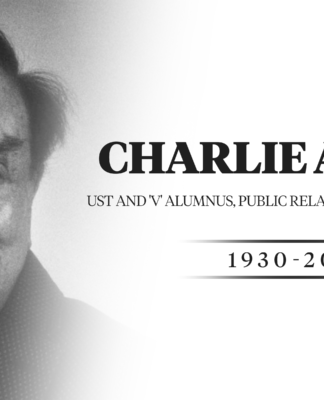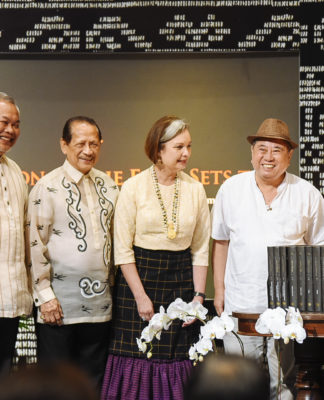HOSPITALS are in the business of life. But what if hospitals are barred from running their business effectively? The result may have an impact in life.
Hospitals now warn that their business and the health and life they cater to are now in danger because of Republic Act No. 9439, called the Hospital Detention Law. This recent legislation declares it unlawful for any hospital to detain or to otherwise cause directly or indirectly the detention of patients for non-payment in part or in full of medical expenses. The law is a foil to the policy of patients who cannot pay for their bills, thus prolonging their stay and increasing their bills as well.
The law only applies to needy patients admitted to charity wards. Even if they have failed to pay, patients will be discharged upon the execution of a promissory note, which can be secured by either a mortgage or the guarantee of a co-maker. Violators will be sanctioned with fines and imprisonment not more than six months.
Opposing the law, the Private Hospitals Association of the Philippines (PHAP) of which the UST Hospital is a member, attempted to declare a hospital holiday last May 4 but suspended it after a dialogue with the Department of Health (DOH).
Though a bit impulsive, PHAP’s initial reaction could be justified because the new law struck at the lifeblood of the hospitals. If the hospitals cannot collect, they may go out of business thus impairing quality health care delivery.
According to Dr. Rustico Jimenez, PHAP spokesperson, only 10 percent of patients who issue promissory notes actually pay. Some patients even falsify their personal information to stop the hospitals from tracking them, he added.
As a Nursing student and as a future medical professional, this writer deems it necessary for the DOH to consult PHAP especially in the formulation of the law’s implementing rules. The two sides should weigh the issues affecting both the hospital industry and the health and welfare of poor Filipinos.
Fairness, aside from charity and mercy, should be the central value in crafting the implementing rules of the law. Poor patients should be given ample consideration and should be provided with other means, schemes and options in paying for their hospitalization. On the other hand, doctors, nurses, and other medical professionals deserve to be properly compensated for the professional services they render. They are trying to make a living too, and the government should not anymore further burden our health care professionals with impossible laws that would be counterproductive for the health industry and drive our health care professionals to seek better livelihood overseas.
This writer fervently hopes that this issue on hospital detention will be resolved at once to avoid more fissures and fractures on an already overburdened health care system in the country.













